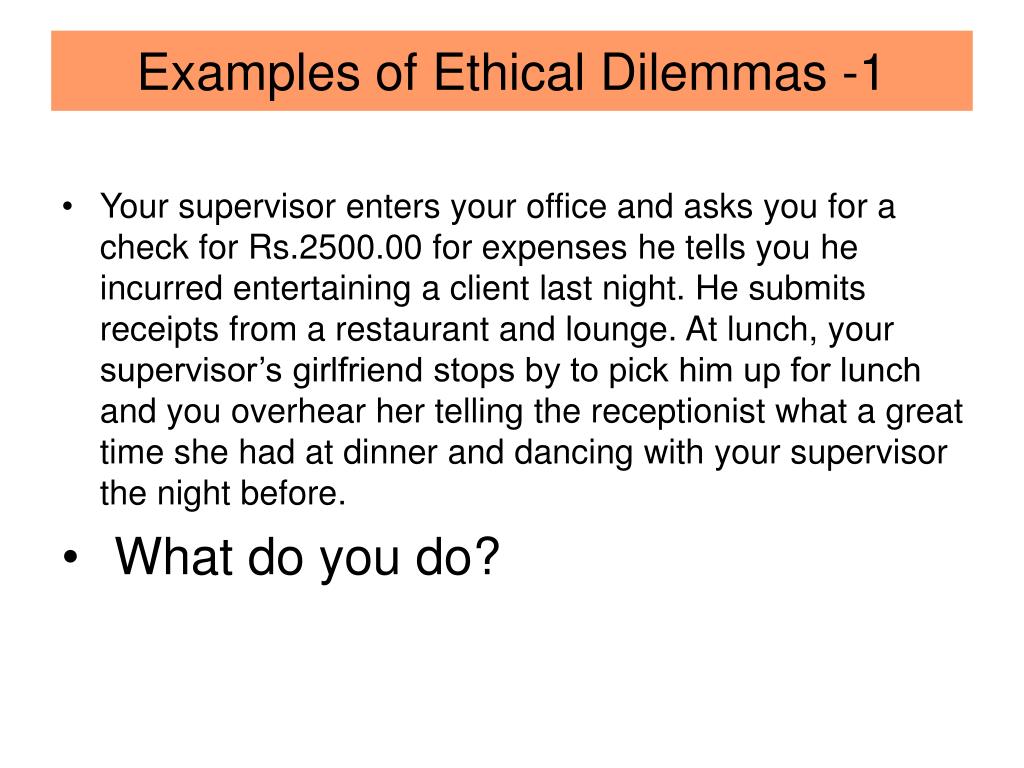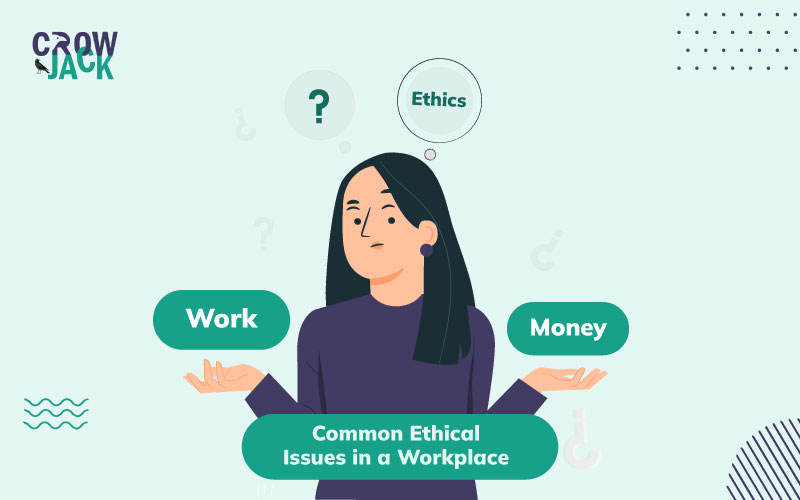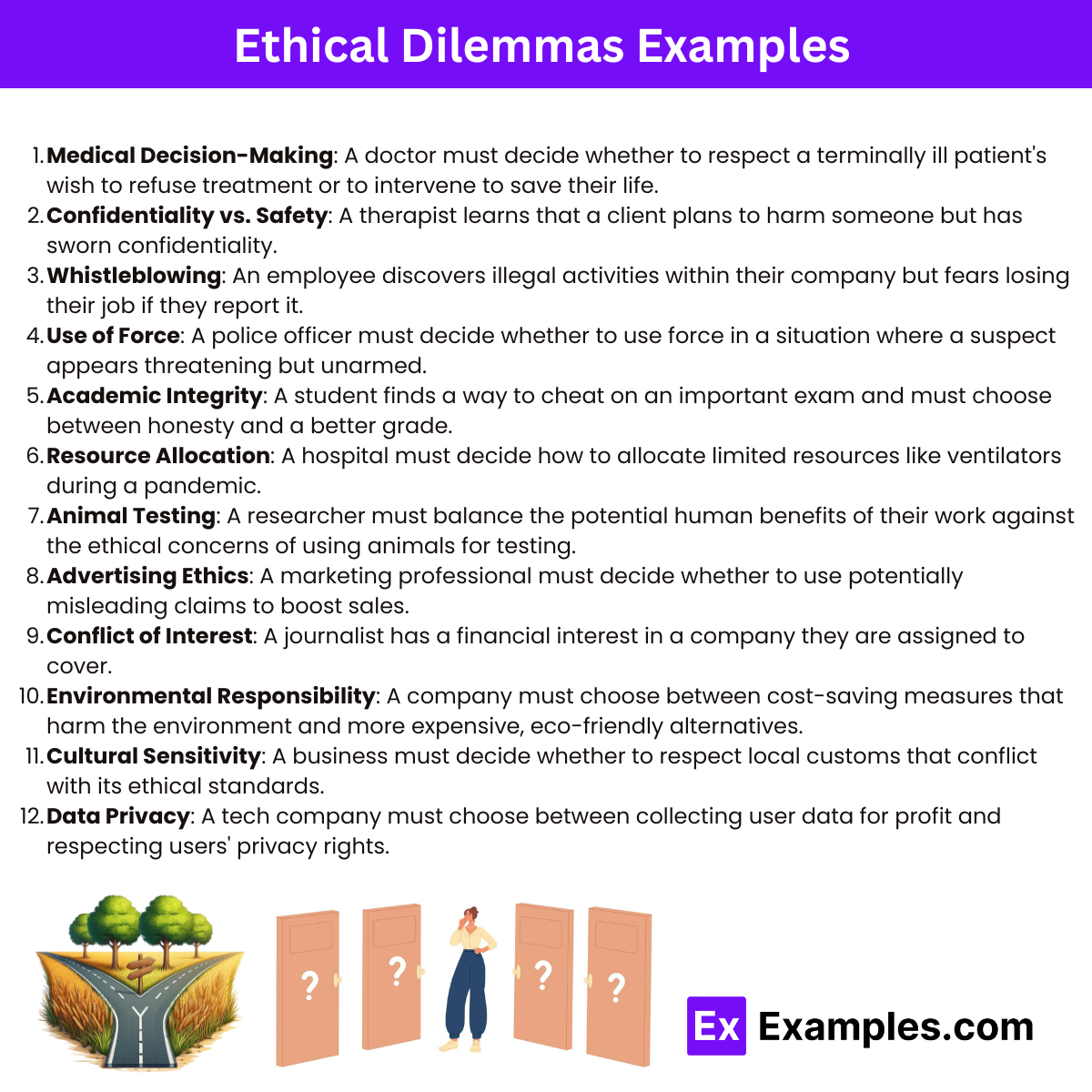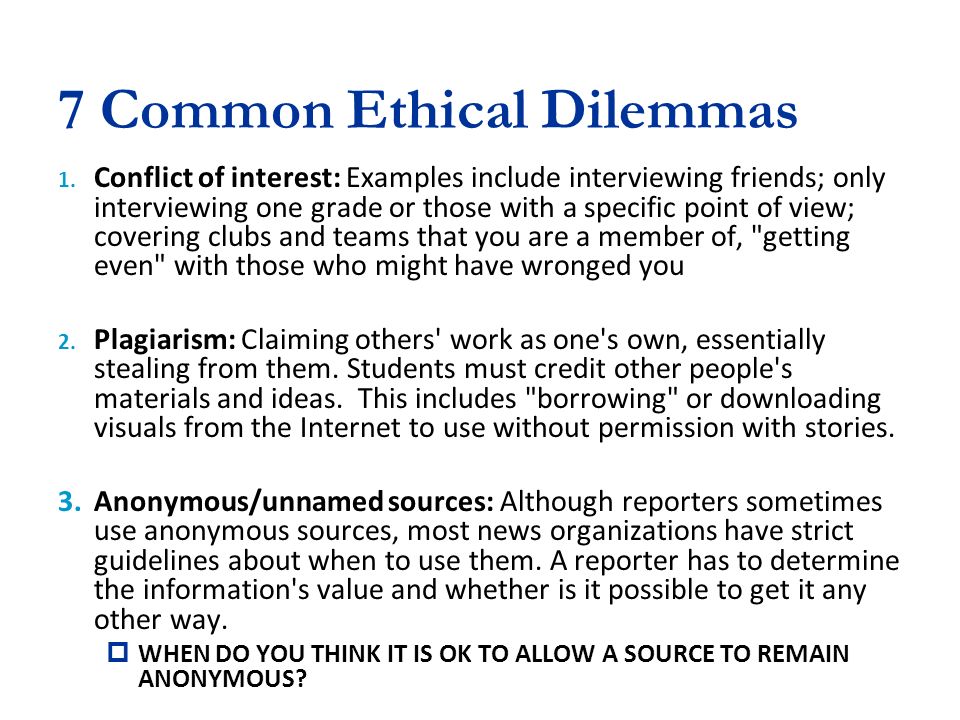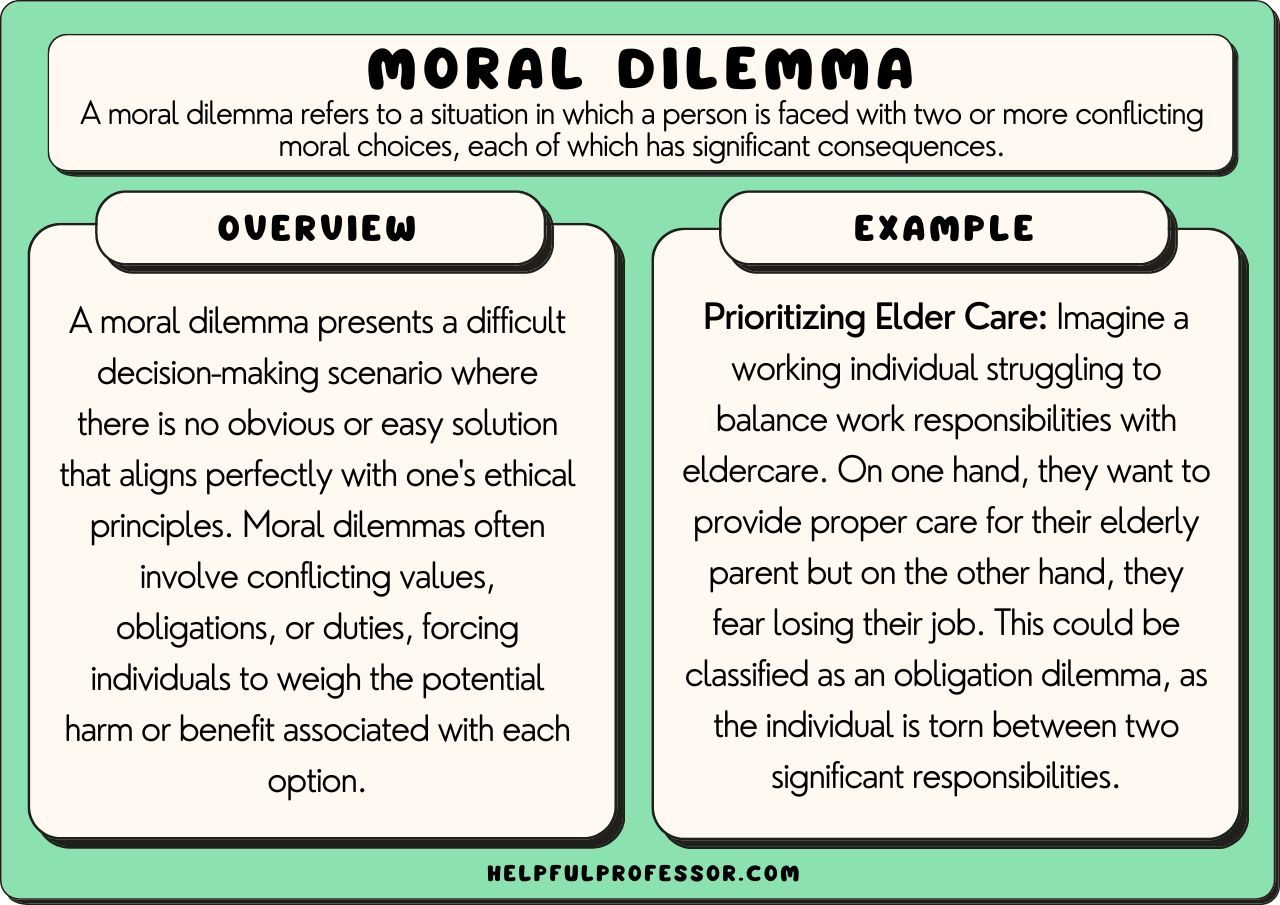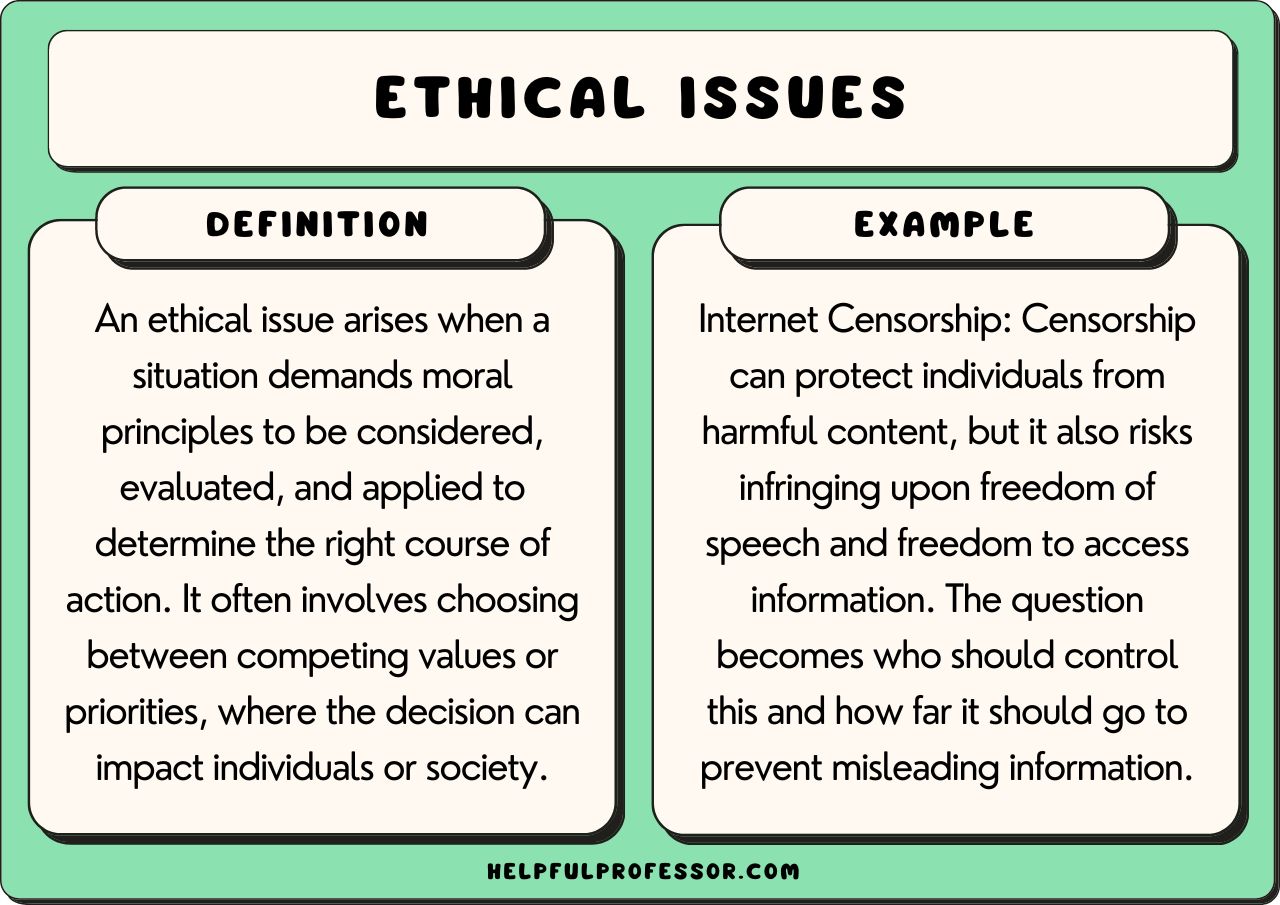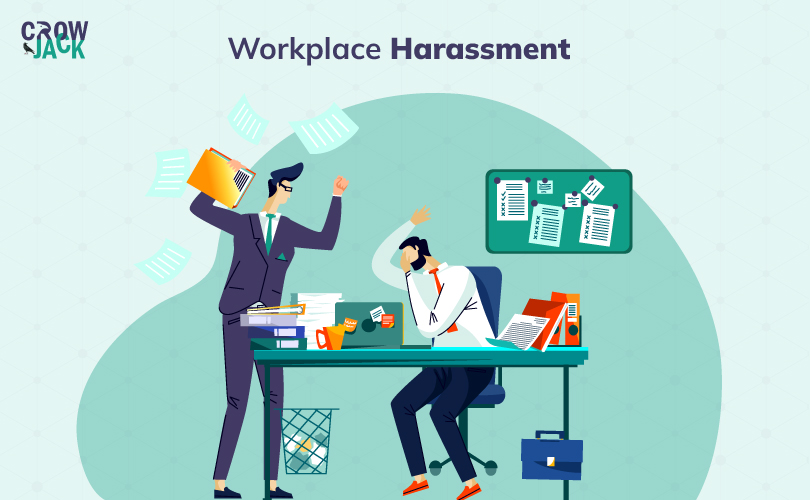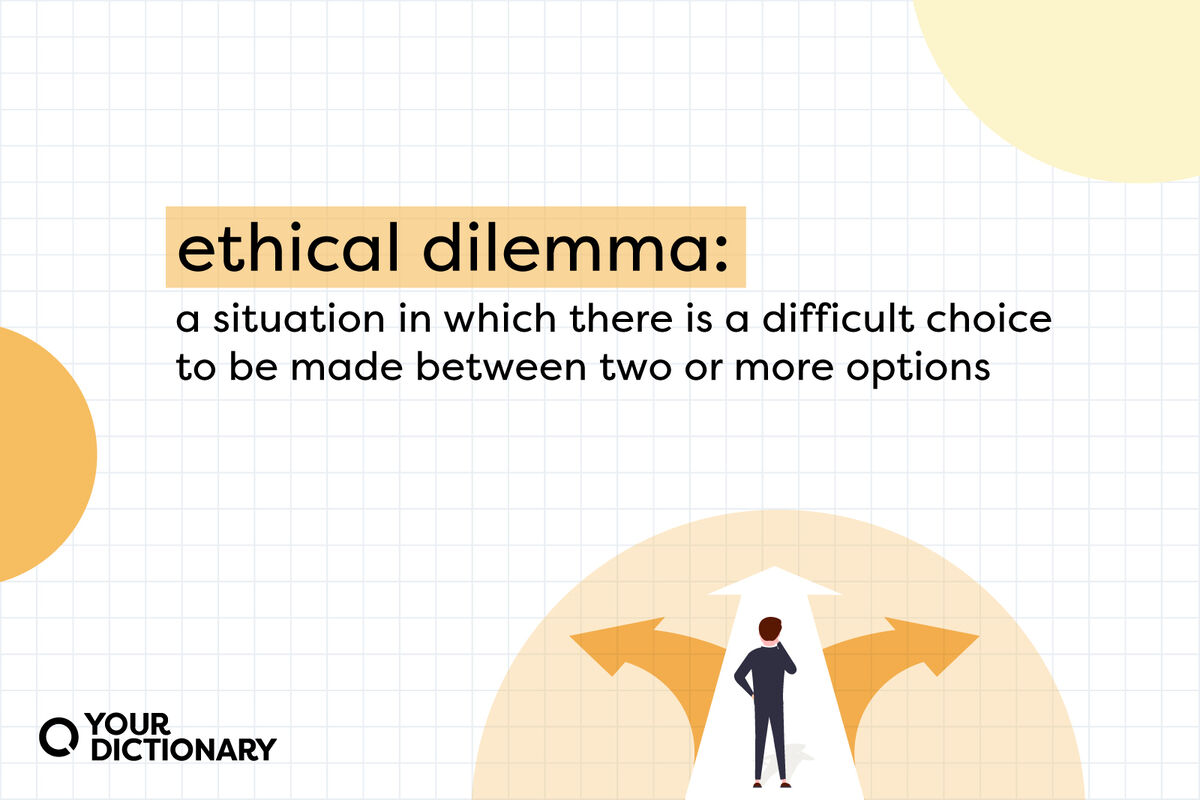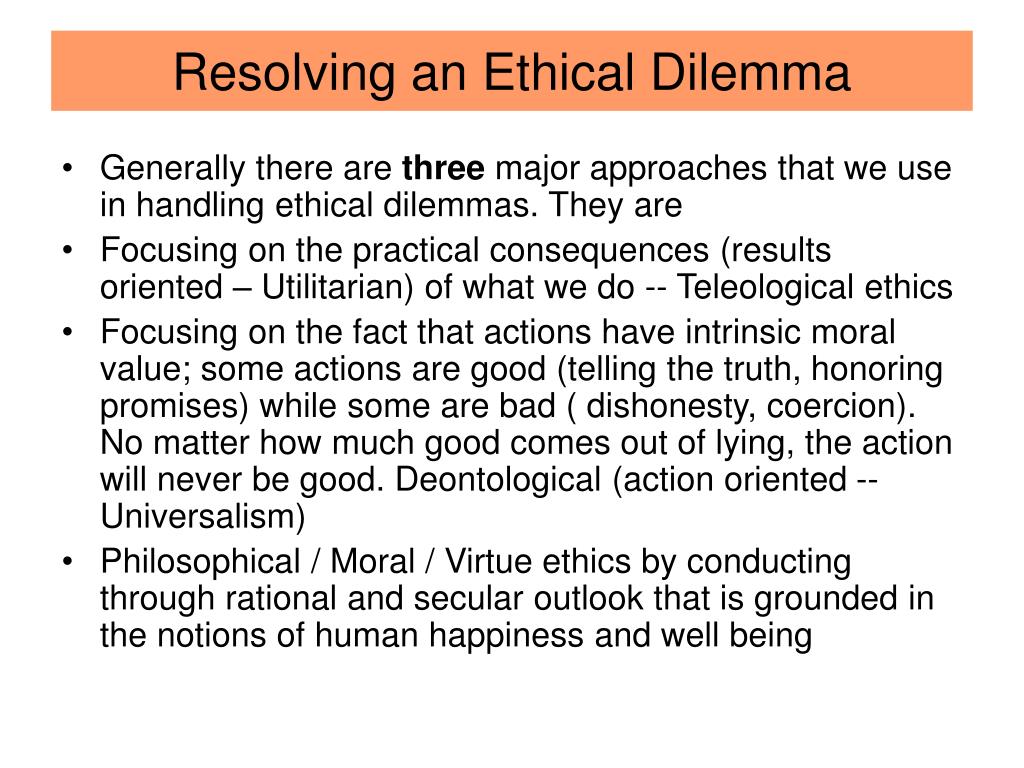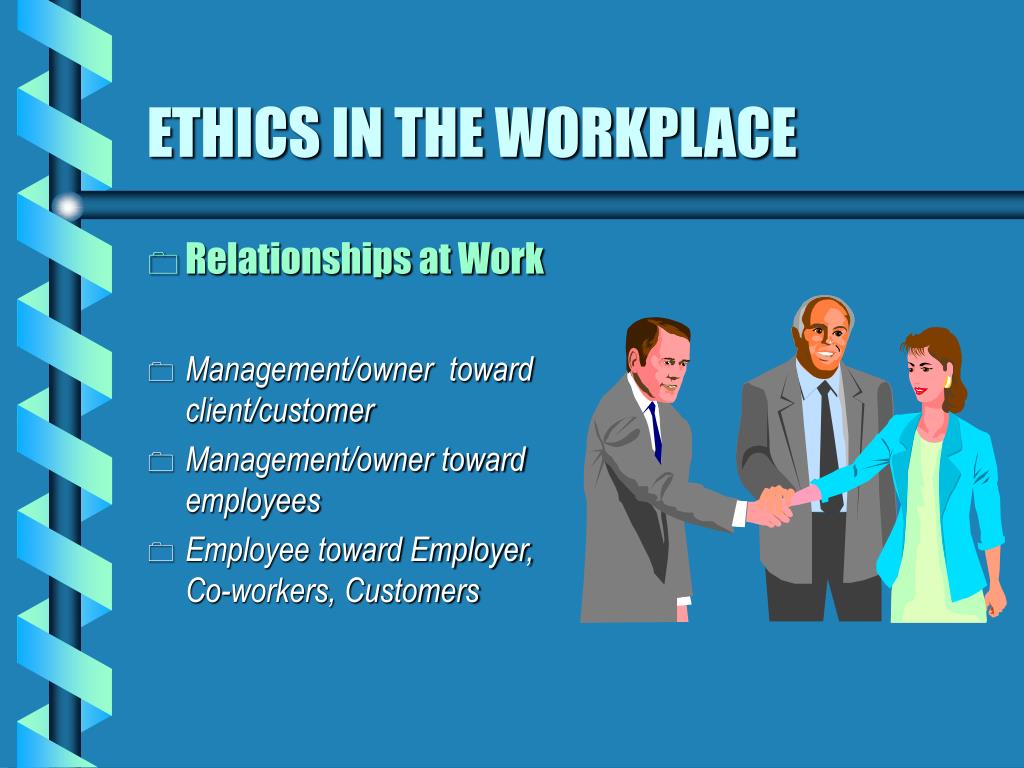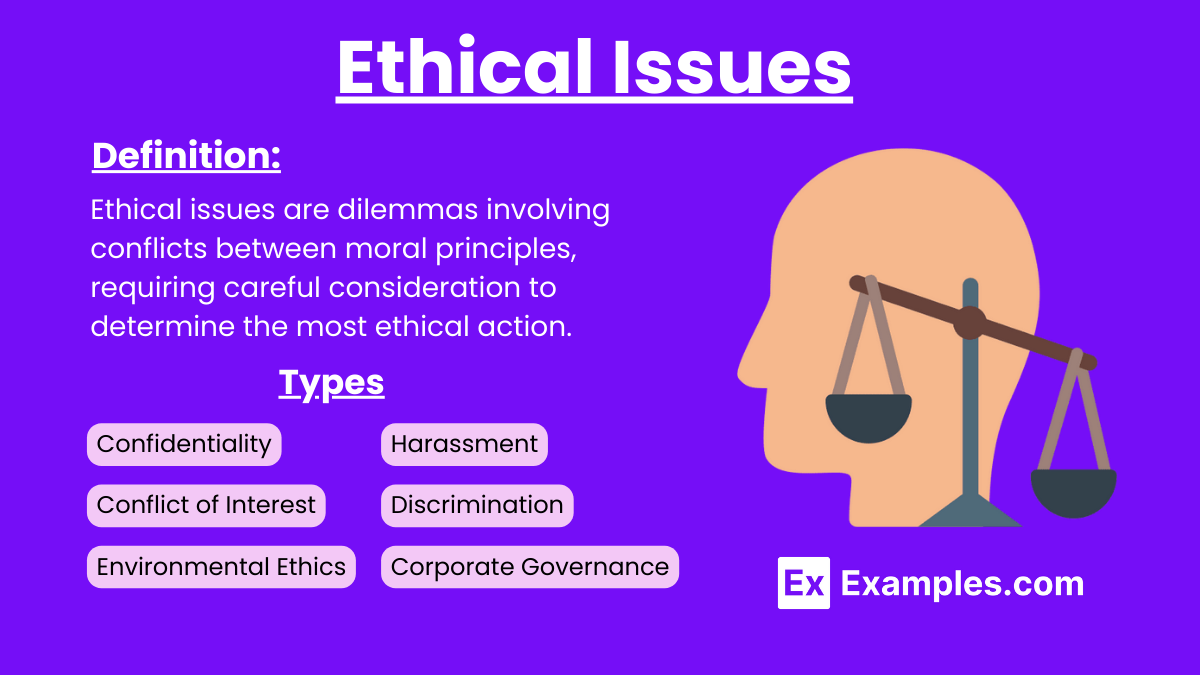Examples Of Ethical Dilemmas In Workplace
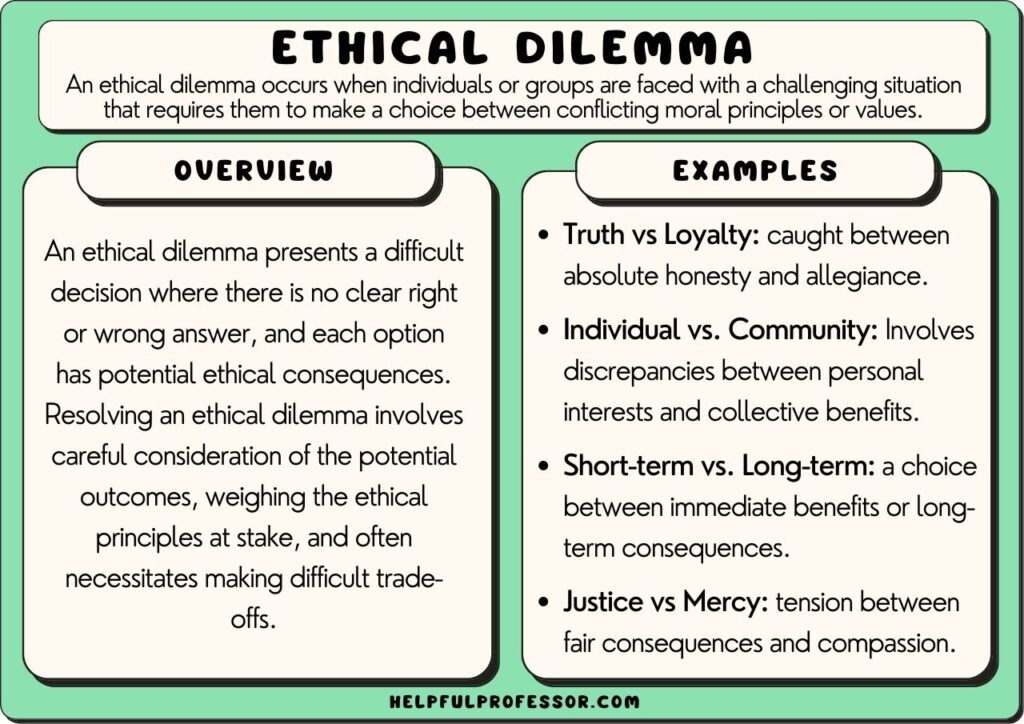
Workplace ethics are constantly tested as employees navigate complex situations where personal values clash with organizational goals or the interests of various stakeholders. These dilemmas, often lacking a clear-cut right or wrong answer, can have significant repercussions for individuals, companies, and the wider business world.
Ethical dilemmas in the workplace arise when individuals face choices involving conflicting moral principles, organizational values, and legal obligations. Navigating these complexities requires careful consideration of potential consequences and adherence to ethical frameworks. Understanding these challenges is crucial for fostering a culture of integrity and responsible decision-making.
Common Ethical Dilemmas
One frequent scenario involves conflict of interest. For example, an employee responsible for vendor selection might receive a lucrative offer from a competing company. This situation presents a dilemma because accepting the offer could compromise their impartiality and negatively impact their current employer. This is an instance where personal gain directly clashes with professional responsibility.
Another common dilemma stems from confidentiality breaches. Sharing sensitive company information with unauthorized individuals, even unintentionally, can have severe legal and reputational consequences. This might involve financial data, trade secrets, or employee personal information, demanding discretion and adherence to privacy policies.
Discrimination and harassment are also significant ethical concerns. Creating a work environment where individuals feel excluded, threatened, or unfairly treated based on their race, gender, religion, or other protected characteristics poses a serious ethical breach. Organizations have a responsibility to prevent and address such issues proactively.
Resource mismanagement is another area ripe for ethical challenges. Employees might be tempted to misuse company assets, such as time, equipment, or funds, for personal gain. This ranges from minor infractions, like excessive personal use of office supplies, to more serious offenses, like embezzlement. The temptation to cut corners can be strong, but long-term consequences are often severe.
Transparency and honesty in communication are essential for ethical conduct. Misleading stakeholders through false advertising, inaccurate reporting, or withholding crucial information is a clear ethical violation. Maintaining openness and integrity in all communications builds trust and strengthens relationships.
Real-World Examples
Consider the case of *Enron*, a major energy company that collapsed due to widespread accounting fraud. Executives deliberately concealed debt and inflated profits, misleading investors and employees alike. This exemplifies the devastating consequences of prioritizing short-term financial gain over ethical considerations.
The *Volkswagen emissions scandal* is another stark example. The company installed "defeat devices" in its vehicles to cheat on emissions tests, deceiving regulators and consumers. This blatant disregard for environmental regulations and ethical principles resulted in significant financial penalties and reputational damage.
More recently, debates surrounding artificial intelligence (AI) in the workplace have highlighted new ethical challenges. Questions arise about bias in AI algorithms, the impact of automation on job displacement, and the responsibility for AI-driven decisions. These issues require careful consideration and ethical frameworks to guide the development and deployment of AI technologies.
Addressing Ethical Dilemmas
Organizations can take several steps to mitigate ethical risks and promote responsible conduct. Developing a comprehensive code of ethics that clearly outlines expected behaviors and values is a crucial first step. This code should be readily accessible and regularly updated to reflect evolving ethical standards.
Establishing effective reporting mechanisms, such as whistleblower hotlines, empowers employees to raise concerns without fear of retaliation. This creates a culture of transparency and accountability, encouraging individuals to speak up when they witness unethical behavior.
Providing ethics training to employees at all levels is essential for fostering ethical awareness and decision-making skills. This training should cover relevant laws, regulations, and ethical principles, as well as practical strategies for navigating complex situations.
Finally, leading by example is critical. Senior leaders must demonstrate a commitment to ethical conduct in their own actions and decisions, setting the tone for the entire organization. A strong ethical culture starts at the top.
Ethical dilemmas are an inherent part of the modern workplace. By understanding the nature of these challenges and implementing effective strategies for prevention and resolution, organizations can foster a culture of integrity, build trust with stakeholders, and ensure long-term sustainability. Ignoring these challenges can lead to significant consequences.
